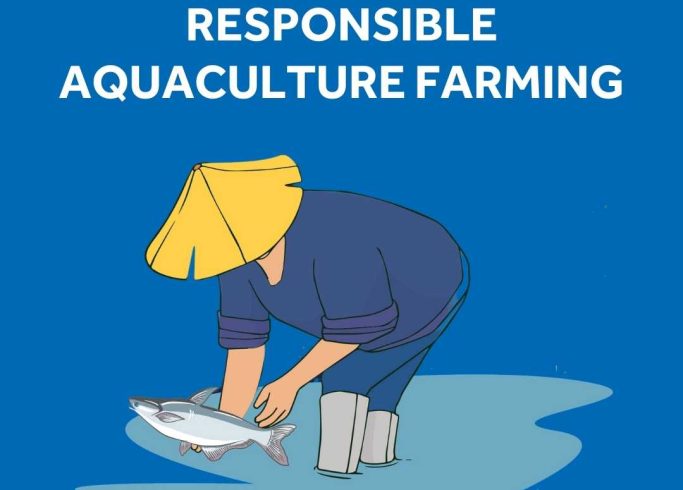[Industry news] USDA’s Catfish Position May be Shifting as Vietnam Goes to WTO, First Step in Retaliatory Action
08 March 2018
In late Feb, Vietnam took the first steps to bring the dispute over the use of a non-tariff trade barrier on catfish to the WTO. Vietnam rightly sees the shift of inspection from FDA to USDA as an attempt to prevent catfish exports to the US through the use of non-tariff trade barriers.
The move of catfish to USDA was a classic non-tariff barrier, as it had no scientific or public health rationale, and was done solely to support the domestic catfish industry in the belief that Vietnam’s catfish processors would have difficulty in meeting the USDA equivalence requirements that have been applied to beef and pork processors.
WTO rules would allow Vietnam, if its arguments are successful, to impose retaliatory trade tariffs against US exports to Vietnam to compensate for its financial losses over catfish. The obvious target is US agricultural exports.
John Connelly, President of NFI, said this news “should come as little surprise to those familiar with the decade-old history of this duplicative and wasteful program.”
“The program is now poised to negatively impact significant U.S. agriculture exports to Vietnam. Cotton, wheat and other grains, pork, soybeans, beef, poultry, eggs and fruit, may end up in the cross hairs of retaliatory tariffs. Farmers from Texas to Oregon and California to Georgia, who export tens of millions of dollars’ worth of their harvest to Vietnam annually, could become collateral damage in a campaign waged by catfish lobbyists to regulate their seafood competition out of the market.”
“This case draws parallels to the country-of-origin (COOL) WTO litigation brought by Canada and Mexico against the United States. The WTO, in that suit, ruled that meat-labeling requirements violated international agreements and were in fact an unlawful trade barrier. Congress reacted by repealing those regulations, thus protecting U.S. farmers and ranchers from unnecessary tariff retaliation and the inevitable loss of access to those two markets that would have followed.”
“The National Fisheries Institute is watching this case with great interest, in hopes that the fundamentally flawed USDA program, that wastes tax dollars and costs jobs, does not claim U.S. agriculture exports as its latest casualty.”
At the same time, the Trump Administration has directed the USDA, in its budget, to transfer the authority to inspect catfish back to the FDA. The budget removes all funds for the inspection program from the USDA, to the tune of $2,530,000, and directs the USDA to seek congressional repeal of the Farm Bill authorization that transferred this authority.
Should the US agricultural lobby weigh in on this, it might be sufficient to force this common sense repeal into the final budget for the USDA, both saving money and removing the threat of retaliatory WTO actions.
[Source: SeafoodNews.com]














